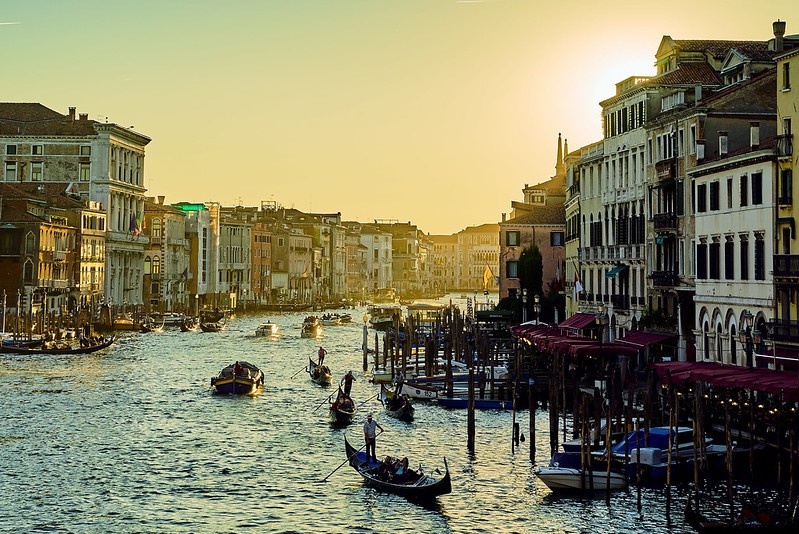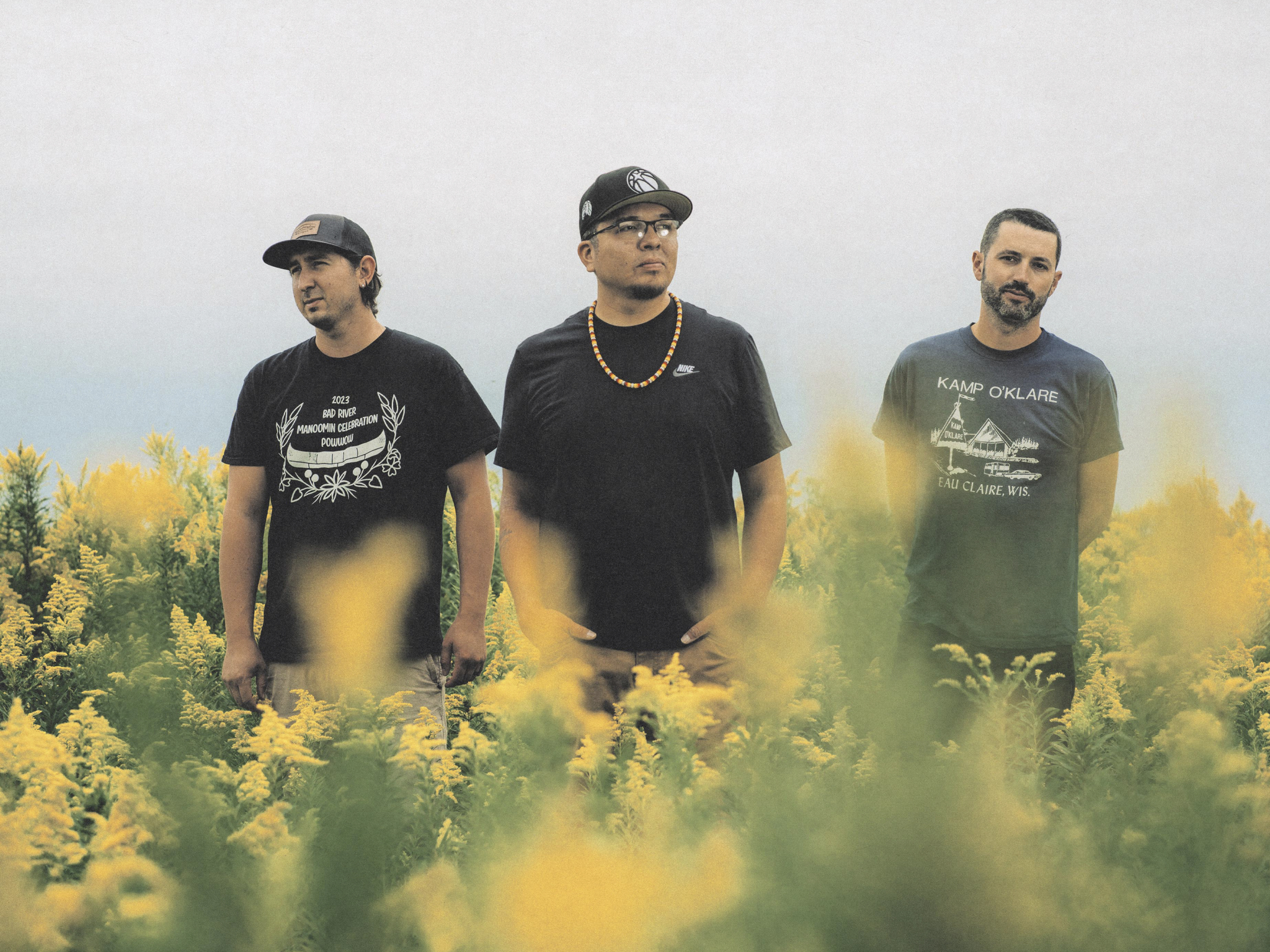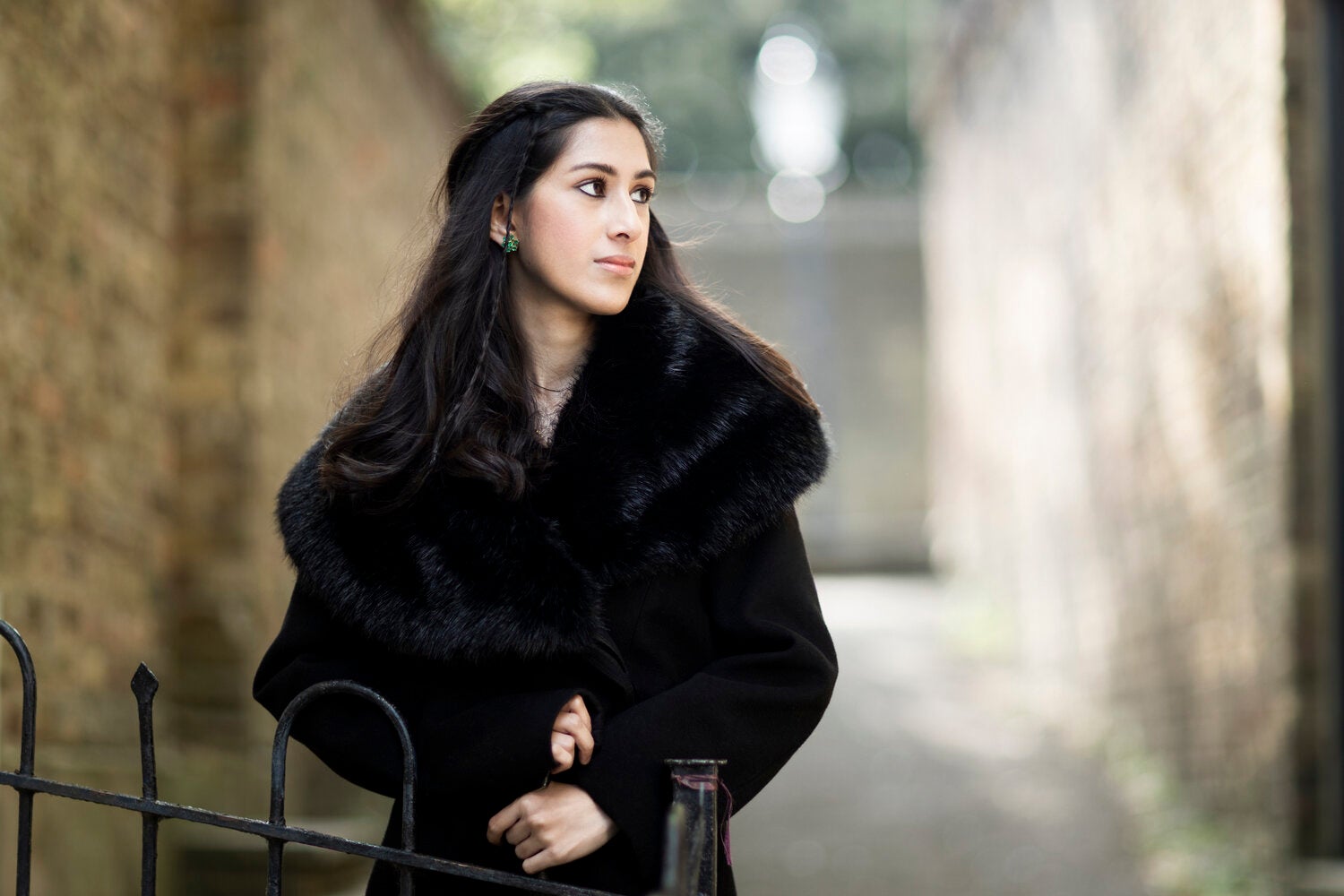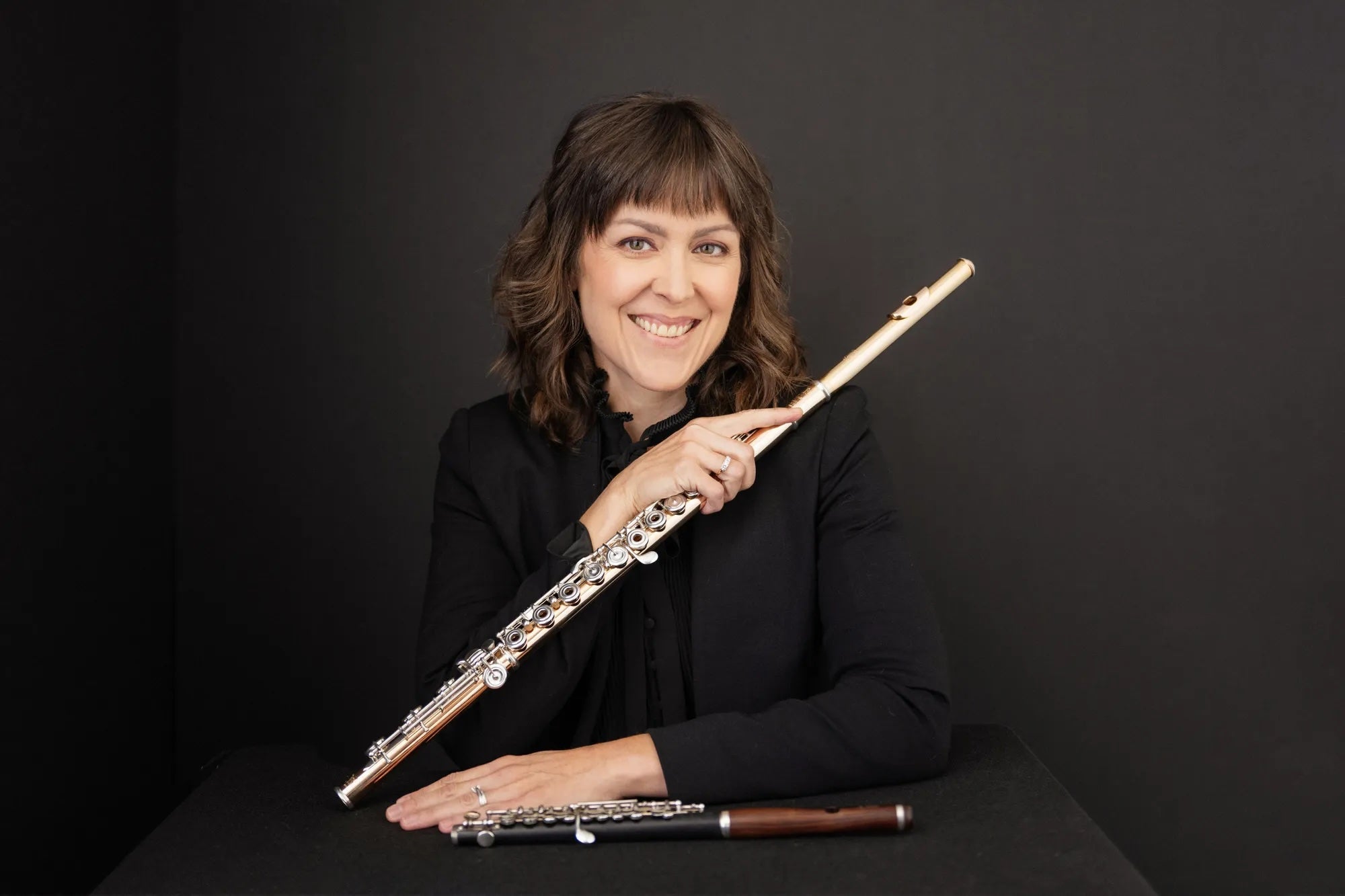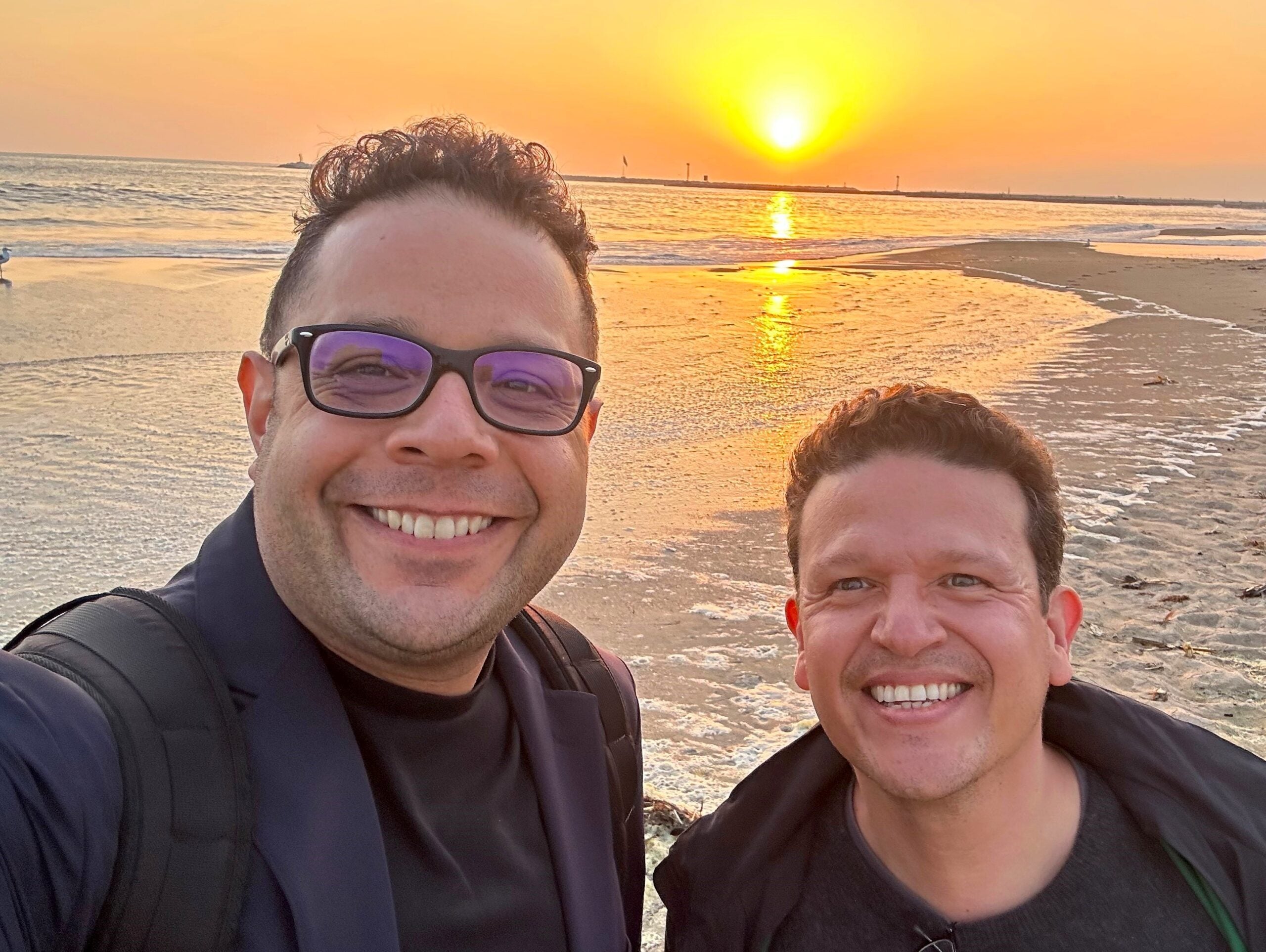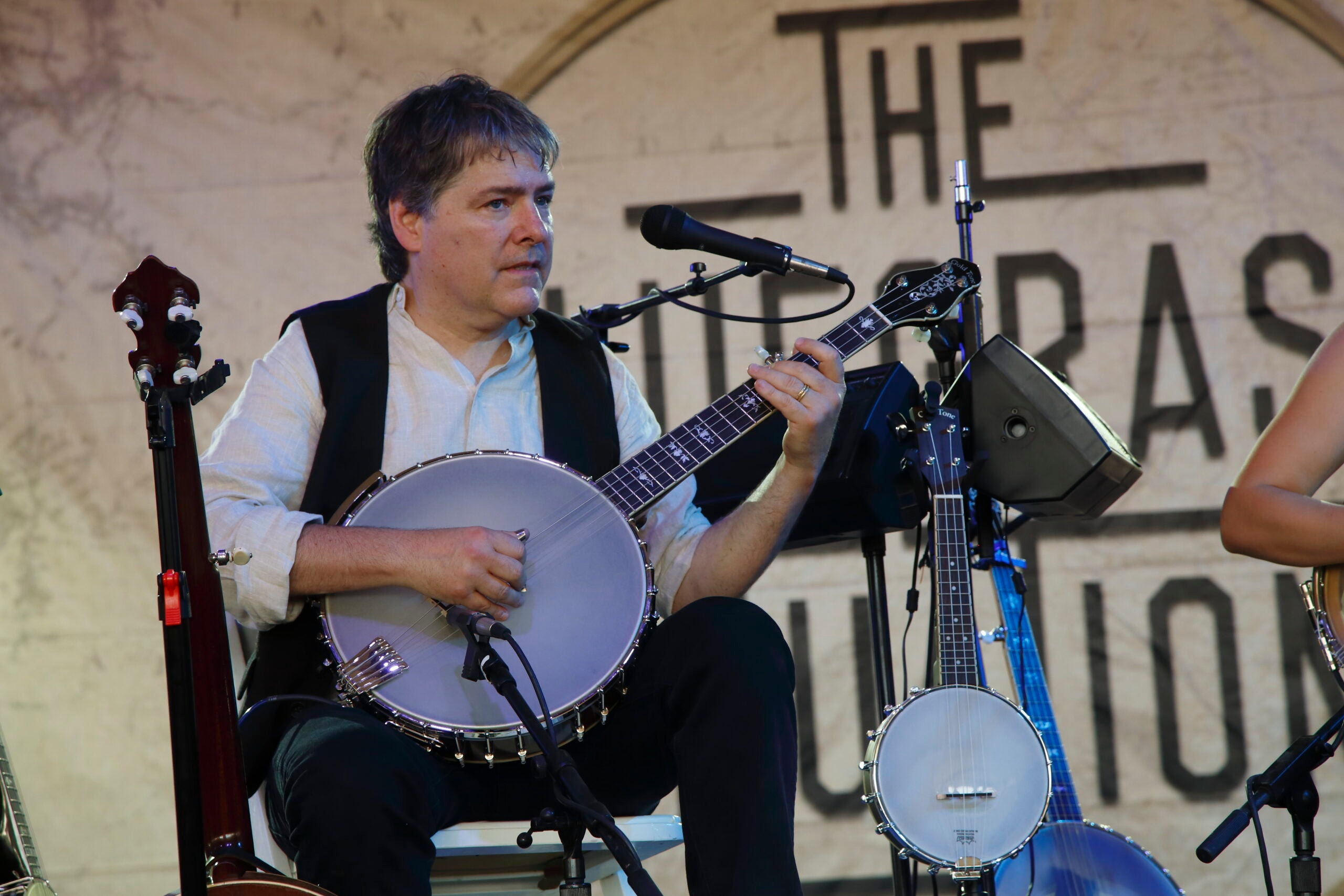Cellist Anastasia Kobekina said about Venice: “It’s the only city that has moved me in such a profound way.”
Venice has provided the inspiration for Kobekina’s new release — an artful, deeply felt album.
The soundscape of “Venice” ranges from several pieces by the iconic denizen of 18th century Venice, Antonio Vivaldi, to the haunting and gorgeous “Evening Serenade” by the living Ukrainian composer Valentin Silvestrov.
Stay informed on the latest news
Sign up for WPR’s email newsletter.
Some of the music is restful and meditative, like the songs by John Dowland and Barbara Strozzi that have been transcribed to give the cello the voice.
Other pieces are fresh and energetic — some of the fast Vivaldi movements catch the ear and get the foot tapping with utterly irresistible musicianship and élan.
The album is a multifaceted jewel, expressing a wide range of sense experiences through music. The listener moves from the deeply moving to the playful; from gently rocking on the canals (Benjamin Britten’s “Barcarolla”) to impressions of the city’s physicality and history through 21st century music (Caroline Shaw’s “Limestone & Felt,” and “Emerald and Stone” by Brian Eno, Jon Hopkins and Leo Abrahams.)
The scoring ranges from solo cello to duets and trios (variously with theorbo, viola, bass and viola da gamba) to cello plus the Chamber Orchestra of Basel.
Kobekina was born in 1994 to a father who was a composer, Vladimir Kobekin.
She closes the album with his “Variations on Ariadne’s Lament by Claudio Monteverdi;” the original “Ariadne” opens the album. There is a staggering tenderness in Kobekina’s playing, and an unbelievable finesse in the release of the final notes.
It’s especially poignant in these two bookends.
“Venice” is a recording worth exploring — and savoring — like its namesake.
Wisconsin Public Radio, © Copyright 2025, Board of Regents of the University of Wisconsin System and Wisconsin Educational Communications Board.
